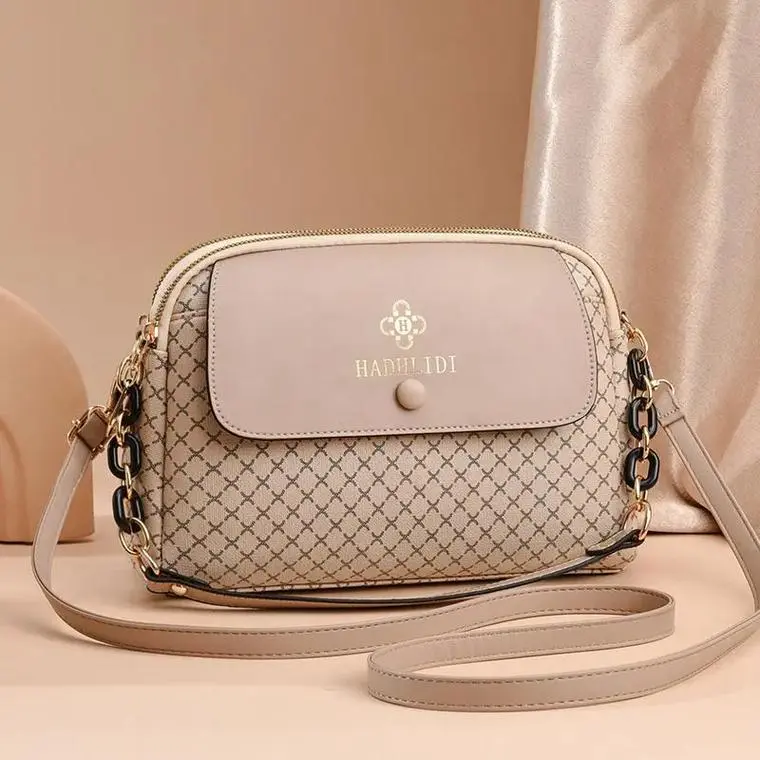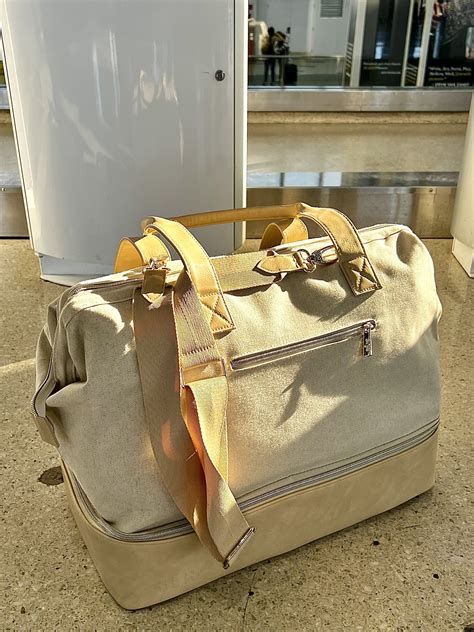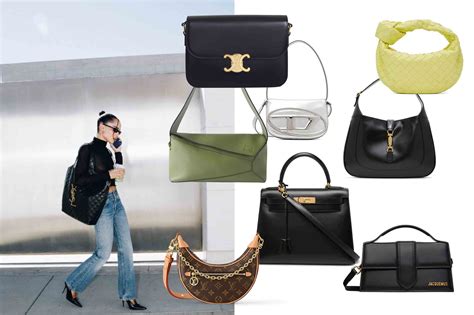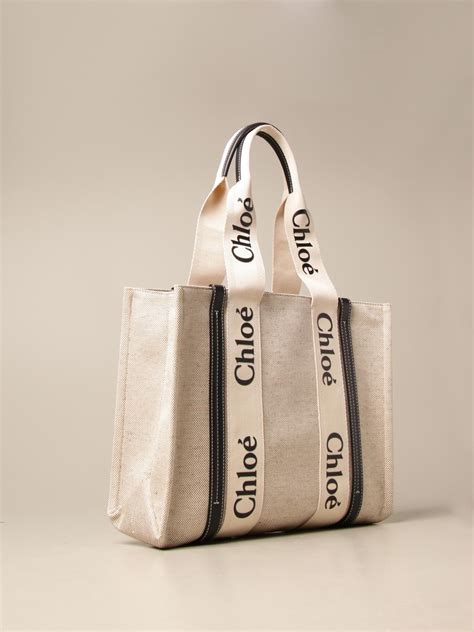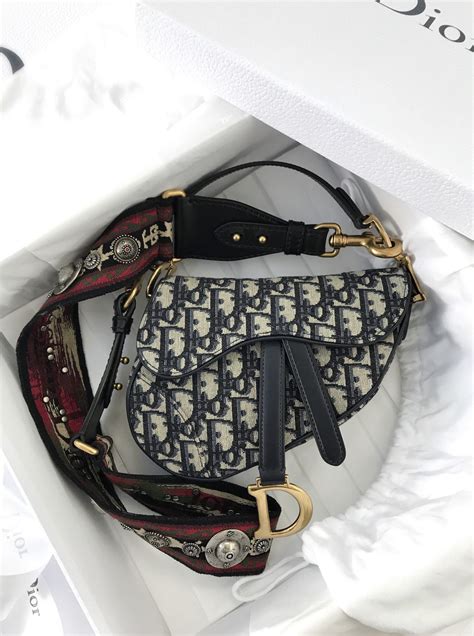chi ha fondato gucci | what is Gucci named after
$147.00
In stock
The question "Chi ha fondato Gucci?" translates directly to "Who founded Gucci?" in Italian. The answer, etched in the annals of fashion history, is Guccio Gucci. More than just a name, Guccio Gucci represents the vision, ambition, and unwavering dedication that transformed a humble Florentine leather goods shop into a global luxury powerhouse. This article delves into the life of Guccio Gucci, the origins of the Gucci brand, its remarkable history, and the factors contributing to its enduring fame.
Guccio Gucci: The Man Behind the Icon
Guccio Gucci was born in Florence, Italy, in 1881. His early life was far from opulent. He came from a family with historical roots in Florentine craftsmanship, though their financial standing at the time of his birth was modest. Faced with limited opportunities in his hometown, the young Guccio, driven by an insatiable desire for success, made a pivotal decision in 1898 at the age of 17: to emigrate abroad and seek his fortune.
This bold move proved to be a defining moment, setting the stage for the creation of one of the world's most recognized and revered luxury brands. While the exact details of his initial endeavors abroad remain somewhat shrouded in historical accounts, it is widely believed that he spent a significant period in London, working as a bellhop at the prestigious Savoy Hotel.
The Savoy Hotel: A Crucible of Inspiration
Guccio Gucci's time at the Savoy Hotel was far more than just a job; it was an invaluable education in the world of luxury and refined taste. He observed firsthand the lifestyles of the wealthy and elite, their impeccable style, and their discerning preferences for high-quality luggage and accessories. The hotel’s clientele, a melting pot of international aristocrats, industrialists, and artists, exposed him to a level of sophistication and elegance he had never encountered before.
Witnessing the constant stream of exquisitely crafted luggage passing through the hotel lobby sparked an idea in his mind. He noticed the attention to detail, the quality of the materials, and the status symbol that these items represented. It was this exposure that ignited his entrepreneurial spirit and planted the seeds for what would eventually become the Gucci brand. He recognized a growing demand for well-made, stylish travel goods and envisioned a future where he could cater to this discerning clientele.
Returning to Florence: The Birth of Gucci
After years of absorbing the atmosphere of luxury and observing the demands of an affluent clientele, Guccio Gucci returned to Florence in 1921. Armed with newfound knowledge and a clear vision, he established his own leather goods company. This marked the official birth of the Gucci brand.
Initially, Gucci focused on producing high-quality leather goods, primarily luggage and equestrian accessories. His understanding of the market, coupled with his dedication to craftsmanship, allowed him to quickly establish a reputation for excellence. The brand's early success was rooted in its commitment to using the finest Tuscan leather and employing skilled artisans who meticulously crafted each piece.
Equestrian Influences: A Signature Aesthetic
Gucci's early designs were heavily influenced by the equestrian world. The equestrian theme stemmed from the popularity of horse riding among the Florentine aristocracy and the need for high-quality riding equipment. This influence is evident in several of Gucci's signature designs, including the iconic horsebit motif, which remains a recognizable symbol of the brand to this day. The horsebit, originally used to connect the reins to the horse's bit, was incorporated into handbags, shoes, and other accessories, adding a touch of equestrian elegance to the brand's aesthetic. Other equestrian-inspired elements included stirrup buckles, web stripes reminiscent of saddle girths, and the use of supple, durable leather suitable for riding gear.
Expanding the Empire: Family and Growth
As Gucci's reputation grew, so did his business. He enlisted the help of his sons, Aldo, Vasco, and Rodolfo, who played crucial roles in expanding the brand's reach and diversifying its product line. Each son brought unique skills and perspectives to the company, contributing to its growth and international success.
* Aldo Gucci: Aldo was particularly instrumental in expanding Gucci's international presence. He was a charismatic and ambitious businessman who spearheaded the opening of Gucci stores in major cities around the world, including New York, London, and Paris. He also played a key role in developing new product lines, such as fragrances and ready-to-wear clothing.
* Vasco Gucci: Vasco primarily focused on the operational aspects of the business, ensuring the smooth running of the workshops and managing production.
* Rodolfo Gucci: Rodolfo, initially an actor, brought his artistic sensibilities to the brand and played a significant role in its marketing and advertising efforts.
The family collaboration, while initially successful, would later become a source of internal conflict and ultimately contribute to the brand's challenges in the latter half of the 20th century.
The Gucci Legacy: Innovation and Iconic Designs
Throughout the 20th century, Gucci continued to innovate and create iconic designs that cemented its status as a leading luxury brand. Some of the most notable innovations and signature designs include:
Additional information
| Dimensions | 6.3 × 1.8 × 3.6 in |
|---|



